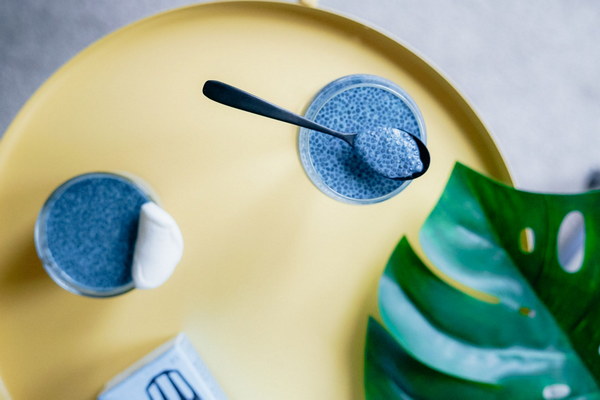Can You Still Take Care of Your Kidneys If They Are Not in Good Condition
Introduction:
The kidneys are vital organs responsible for filtering waste and excess fluid from the blood. They play a crucial role in maintaining the balance of electrolytes, producing red blood cells, and regulating blood pressure. Unfortunately, many people suffer from kidney problems, ranging from mild to severe. The question arises: Can you still take care of your kidneys if they are not in good condition? This article aims to provide insights into kidney care and the importance of maintaining a healthy lifestyle, even if your kidneys are not functioning optimally.
1. Understanding Kidney Function:
Before discussing how to take care of your kidneys, it's essential to understand their function. The kidneys have millions of tiny filters called nephrons, which filter waste and excess fluid from the blood. The filtered fluid, known as urine, is then excreted from the body, while the filtered blood is returned to circulation.
2. Signs of Kidney Problems:
It's crucial to recognize the signs and symptoms of kidney problems, as early detection and treatment can significantly improve outcomes. Common signs of kidney issues include:
- Changes in urine color or frequency

- Swelling in the legs, ankles, or around the eyes
- Fatigue or weakness
- High blood pressure
- Pain in the lower back, side, or below the ribs
- Nausea or vomiting
- Shortness of breath
- Metallic taste in the mouth
3. Taking Care of Your Kidneys:
Even if your kidneys are not in good condition, there are several ways you can help manage and improve their function:
a. Follow a Healthy Diet:
A balanced diet can help reduce the workload on your kidneys. Some tips include:
- Limiting sodium intake, as high salt consumption can increase blood pressure and worsen kidney problems.
- Consuming plenty of fruits and vegetables, which are high in fiber and low in potassium.
- Avoiding processed foods, as they often contain high levels of salt, sugar, and unhealthy fats.
- Staying hydrated, as adequate fluid intake can help flush out waste products from the kidneys.
b. Maintain a Healthy Weight:
Excess weight can put additional strain on your kidneys. Losing weight through a combination of diet and exercise can help improve kidney function.
c. Exercise Regularly:
Regular physical activity can improve cardiovascular health, reduce blood pressure, and help manage weight, all of which are beneficial for kidney health.
d. Avoid Smoking and Limit Alcohol Consumption:
Smoking and excessive alcohol consumption can worsen kidney problems. Quitting smoking and moderating alcohol intake can help protect your kidneys.
e. Manage Chronic Conditions:
Conditions like high blood pressure, diabetes, and high cholesterol can damage the kidneys over time. Managing these conditions through medication and lifestyle changes can help preserve kidney function.
f. Regular Check-ups:
Regular visits to your healthcare provider are essential for monitoring your kidney health. They can perform tests such as blood and urine tests to assess kidney function and detect any potential issues early.
Conclusion:
Taking care of your kidneys is crucial, even if they are not in good condition. By following a healthy lifestyle, managing chronic conditions, and seeking regular medical check-ups, you can help preserve kidney function and improve your overall health. Remember, early detection and treatment of kidney problems can significantly impact your quality of life and prognosis.









